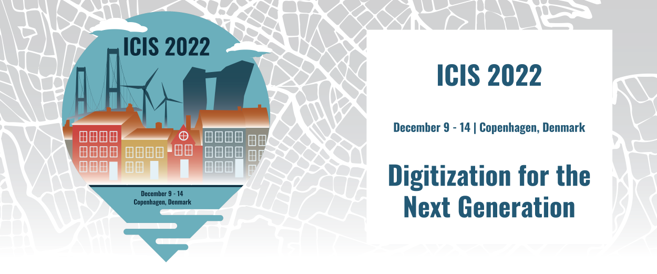Loading...
Paper Number
1219
Paper Type
Short
Description
Social media has the potential to both catalyze and attenuate a crisis by influencing offline responses. In addition, it is effective at profiling individuals, thus helping with response detections. Drawing on the elaboration likelihood model, we build a social media communication profile consisting of message quality and framing. We argue that message quality and framing shed light on offline responses. We anchor our reasoning on psychological reactance theory which posits that individuals' resistance is driven by freedom threats in such a way that individuals resist when they perceive that their freedom is threatened. Our empirical results support that message quality and framing may reveal the extent to which a community perceives its freedom to be threatened, manifested as the adoption of irresponsible behaviors in a crisis. Our findings have important implications for growing literature on social media profiling and crisis management.
Recommended Citation
Deng, Kailing and Soh Noume, Franck Loic, "Hiding Behind Your Tweets: An Empirical Investigation of Offline Responses in a Crisis" (2022). ICIS 2022 Proceedings. 2.
https://aisel.aisnet.org/icis2022/is_health/is_health/2
Hiding Behind Your Tweets: An Empirical Investigation of Offline Responses in a Crisis
Social media has the potential to both catalyze and attenuate a crisis by influencing offline responses. In addition, it is effective at profiling individuals, thus helping with response detections. Drawing on the elaboration likelihood model, we build a social media communication profile consisting of message quality and framing. We argue that message quality and framing shed light on offline responses. We anchor our reasoning on psychological reactance theory which posits that individuals' resistance is driven by freedom threats in such a way that individuals resist when they perceive that their freedom is threatened. Our empirical results support that message quality and framing may reveal the extent to which a community perceives its freedom to be threatened, manifested as the adoption of irresponsible behaviors in a crisis. Our findings have important implications for growing literature on social media profiling and crisis management.
When commenting on articles, please be friendly, welcoming, respectful and abide by the AIS eLibrary Discussion Thread Code of Conduct posted here.



Comments
16-HealthCare